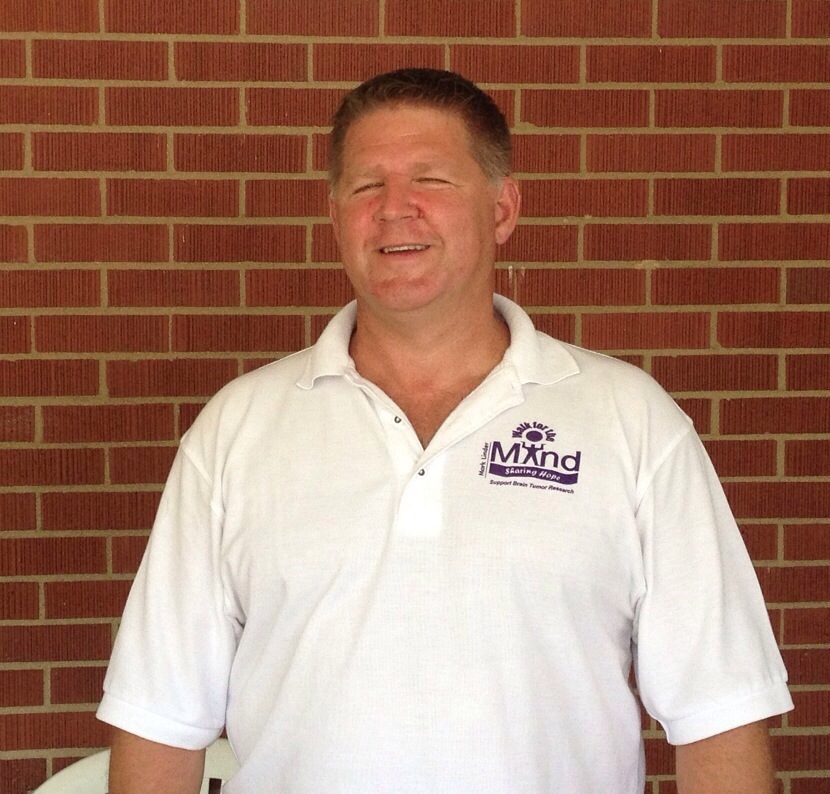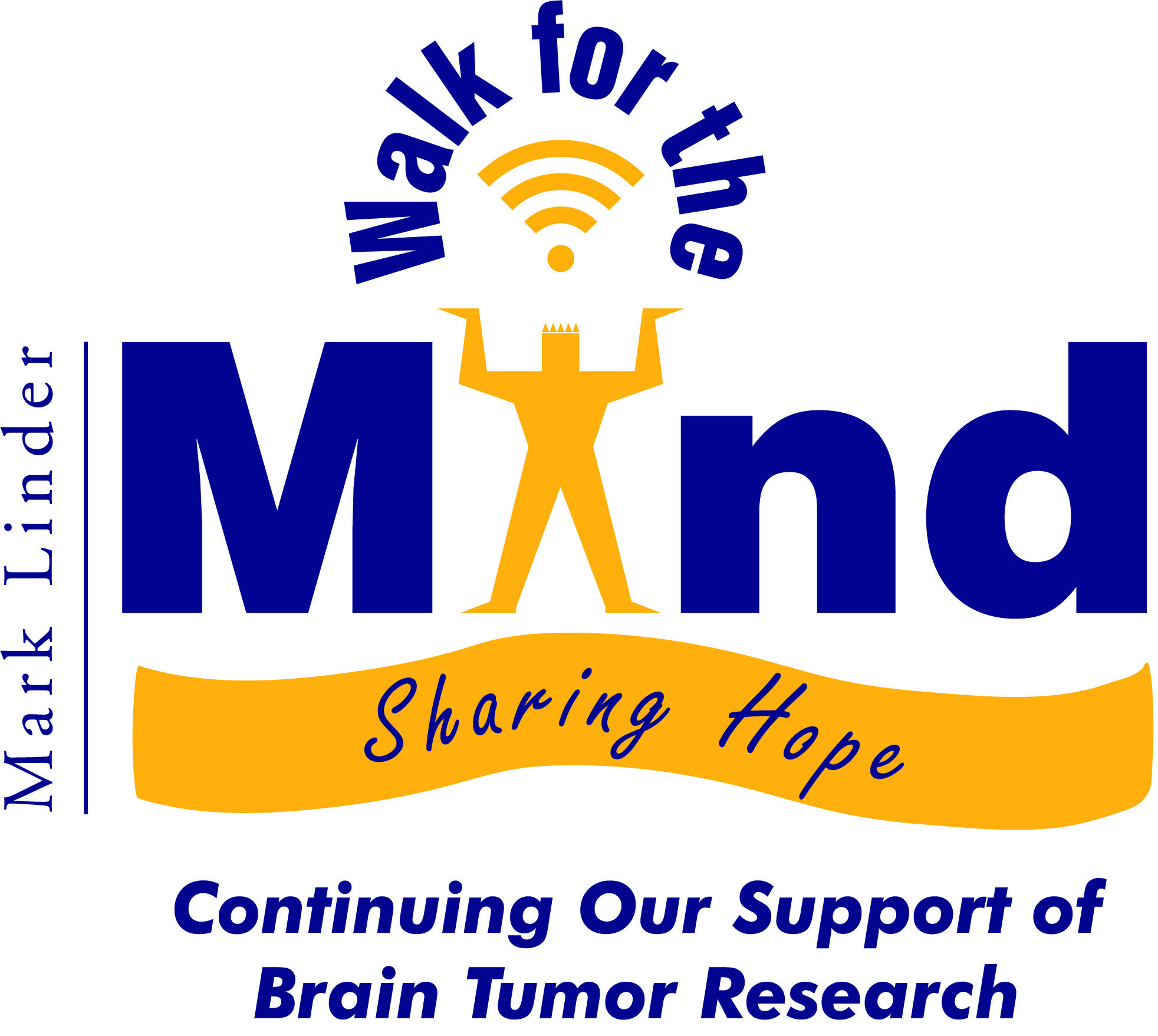Mark Alig

As we all get older, we anticipate the changes in our bodies that just don’t allow us to do the things we did in the past and at the level we expect. We are always making excuses because we don’t want to face the reality that we are getting older.
I don’t need to see a doctor, there is nothing wrong with me – That is what I kept saying to myself. Those were some of my thoughts in the spring of 2010.
I found myself getting much more fatigued trying to accomplish normal activities. I was getting headaches – I better get my vision checked. There was a tingling sensation in my right leg – it must be from a car accident a few years back – I better go to the chiropractor for an adjustment.
A month later, I noticed that my typing skills weren’t quite as sharp as in the past. Then there was a minor issue in putting the correct words together with my thoughts. My sore leg is showing a noticeable limp. Maybe this is a little more than just getting older.
A few weeks later, I am struggling to perform some of the simplest motor skill tasks. OK there is something wrong. Did I have a mild heart attack or a stroke; is it MS or Parkinson’s disease? These were the immediate thoughts that went through my head. I have a problem and it is starting to get exponentially worse each week.
Upon entering the emergency room I was admitted and given a number of tests to check out the potential of having one of the above mentioned conditions. Later in the afternoon, I received an MRI to check for a stroke or any neurological issues. Imagine the feeling that hits you when the doctor comes in and tells you that your heart is OK, you don’t have any blockage to cause a stroke, but you have a tumor in your brain the size of a golf ball.
Don’t worry, says the doctor “If you are going to have a brain tumor, this is the one to have and this is the place to have it, comments the doctor”. I think to myself, I’m sorry you lost me back at “Brain Tumor”. I’m not a medically educated person, but I do know that the words brain, tumor and surgery do not work well in the same sentence especially when the conversation is directed toward you. When we hear the words brain tumor we instinctively go into “worst case scenario” mode; I have just received a death sentence.
Although many people struggle with varying degrees of malignant and benign tumors, we need to understand that there are opportunities for a full recovery from many of the tumors that are identified.
Two days after walking into the emergency room I was scheduled for brain surgery to remove the tumor that was identified. To the doctor’s surprise, he found another tumor stacked on top of the original tumor identified with the MRI. He was able to successfully remove both tumors. Twenty-four hours later, I was walking (at a very slow pace) around the hospital. Forty hours after my surgery, I was being released from the hospital. A week later I have completed my one and only “Occupational Therapy”. I was quickly getting back to life as I once knew it to be. It has now been a year after brain surgery and I have a clean bill of health as identified by my recent MRI.
I have come to realize that I was dealt a very fortunate hand in the card game of life. To this day I do not know a great deal about the varying degrees of brain tumors and types of operations. But, I have come to realize that brain tumors are much more common than many of us realize. It is very important for everyone to understand that a brain tumor is not always “worse-case-scenario”.
Mark Linder’s mission with the “Walk for the Mind” was to promote awareness through the annual event. My mission is to assist him in any way to get the word out about brain tumors and brain tumor awareness. As with any medical condition, early detection and proper treatment is key in improving your odds to a successful recovery. Please join me at the annual Mark Linder – Walk for the Mind in an effort to support all of those who have endured hardship due to brain surgery. It will also give you a chance to learn more about brain tumors, get involved with support groups, and better understand preliminary symptoms. Remember, the life you save could be your own.
